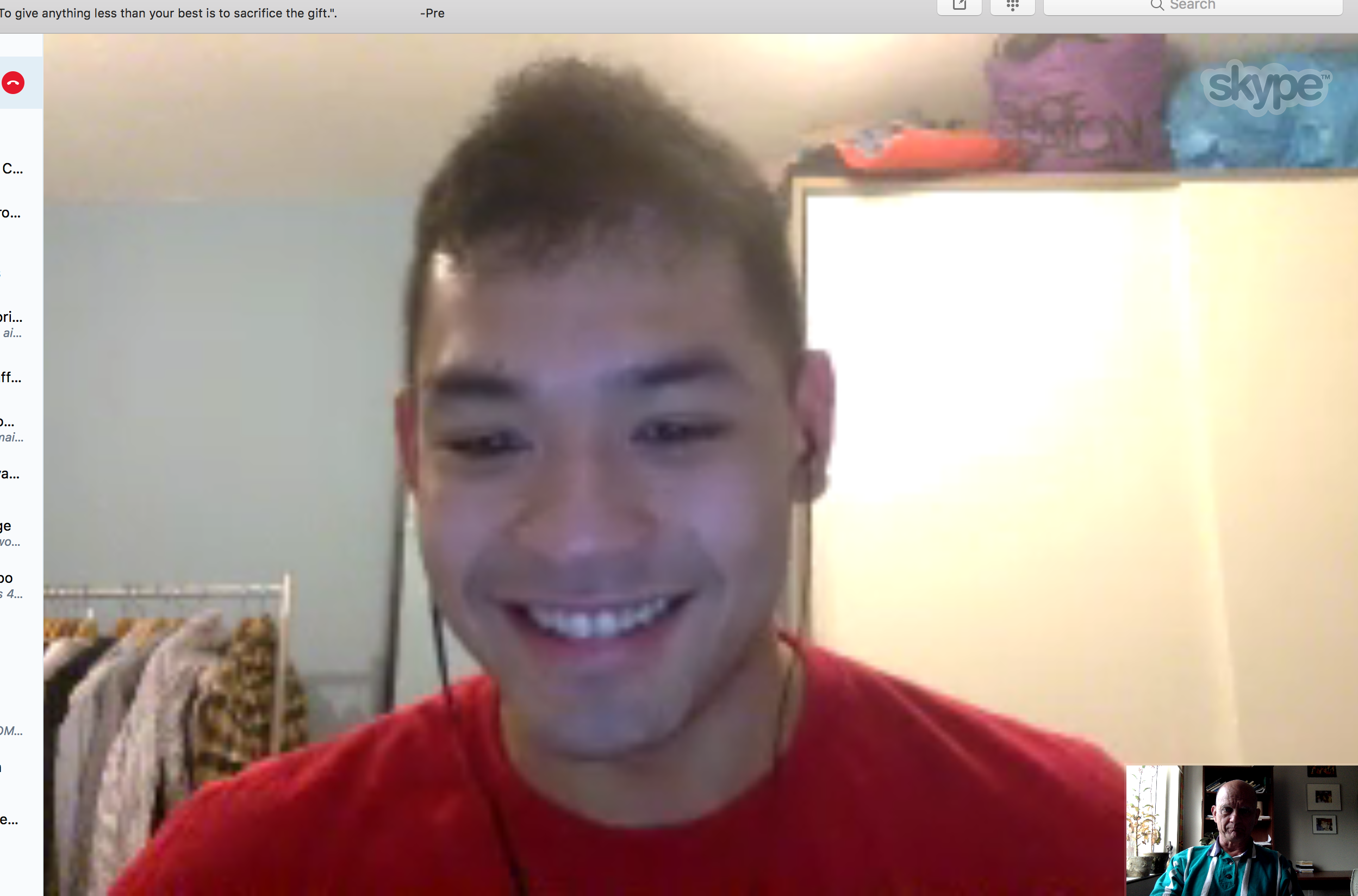Voices to come: still listening, commenting, and partnering
Though Aid Worker Voices was published last September, my work in listening to aid and development workers did not end with that benchmark. Quite the opposite, in the last six months I have been in close contact with many interesting souls working in the sector both here in my home country and around the world.
Of immediate note are two major projects currently in the works.
Local aid workers
My blog post on Zambian aid workers caught the eye of Filipino aid worker Arbie Baguios, and I am working with him now to learn more about the views of aid and development workers in the Philippines. With a population of over 100 million, there are many thousands of Filipinos doing aid and development work, some for domestic organizations such as the Philippine Disaster Relief Organization (PeDRO), others for transnational organizations like the International Committee of the Red Cross (ICRC), and many even working in the CSR branches of private businesses.
Arbie and I will work to find out what these many voices have to say about the sector as it exists in the Philippines and report and comment on what we learn in the coming weeks.
LGBTQI+ aid workers
Veteran aid worker Ryan Arias Delafosse helped to spread the word about a survey that was the basis for the chapter on (and blog post about) LGBTQI+ women and men in the sector. Though that research six months ago shed light on man
y questions, we both felt that more voices needed to heard on a range of additional, mostly HR related, issues. The new survey we are working on will be a collaborative effort vetted by Ryan and other industry insiders. Our focus will be on both LGBTQI+ workers and non-LGBTQI+ friends, colleagues, family, and local staff as allies.
Some questions we are considering include
- How do aid workers handle visa applications for their wives, husbands, and partners when planning for deployment to
countries with anti-LGTBQI+ laws? - In what ways is day to day life impacted both at work and during non-work hours and what are the risks -and rewards- in both settings for LBGTQI+ workers?
- How important are non-LGBTQI+ allies? Are they critical for both emotional and physical security/sanity in the field, at HQ, and in life in general? How does one know if they are being an effective ally? What are mistake allies make when trying too little or too hard?
- What functions do social networking sites serve for LBGTQI+ workers?
Second, revised edition of Aid Worker Voices?
In conversations with both colleagues here on campus and in the sector the observation is made that books are very ‘old school’. As a professor at Elon University I have gone paperless in my teaching in the last six months, and am currently using an online text for my Intro to Sociology class, supplemented by hyperlinked readings, videos, and web sites. All of my courses have been blog-based for the last half decade.
Veteran aid blogger and fellow academic Tobias Denskus and I have talked about the trend toward more multi-media rich platforms for transmitting knowledge, and we both see this as a more or less permanent change in how we consume information -even research- both within our academic fields and in our daily lives.
Perhaps no great loss to humanity, there may never be a second or expanded version of Aid Worker Voices. Perhaps the best that I can hope for is that the smart screen writer who finally turns Evil Genius’ riveting story of Mary-Anne’s experiences in Dolo Ado (Missionary, Mercenary, Mystic, Misfits) into a movie will use my insights on the moral career of aid workers as deep research.
I can hear the St. George’s clinking in Billy-Bob’s now…
Stay tuned, there’s more to come. In the meantime I can be reached by clicking here.




 Follow
Follow